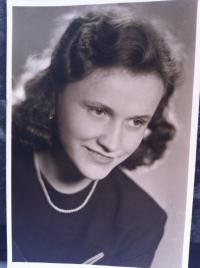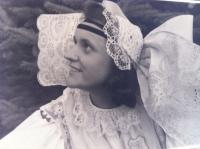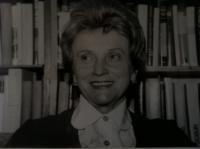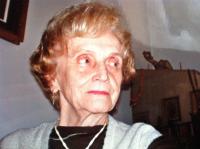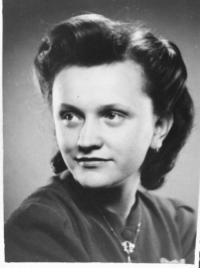I trusted my instinct
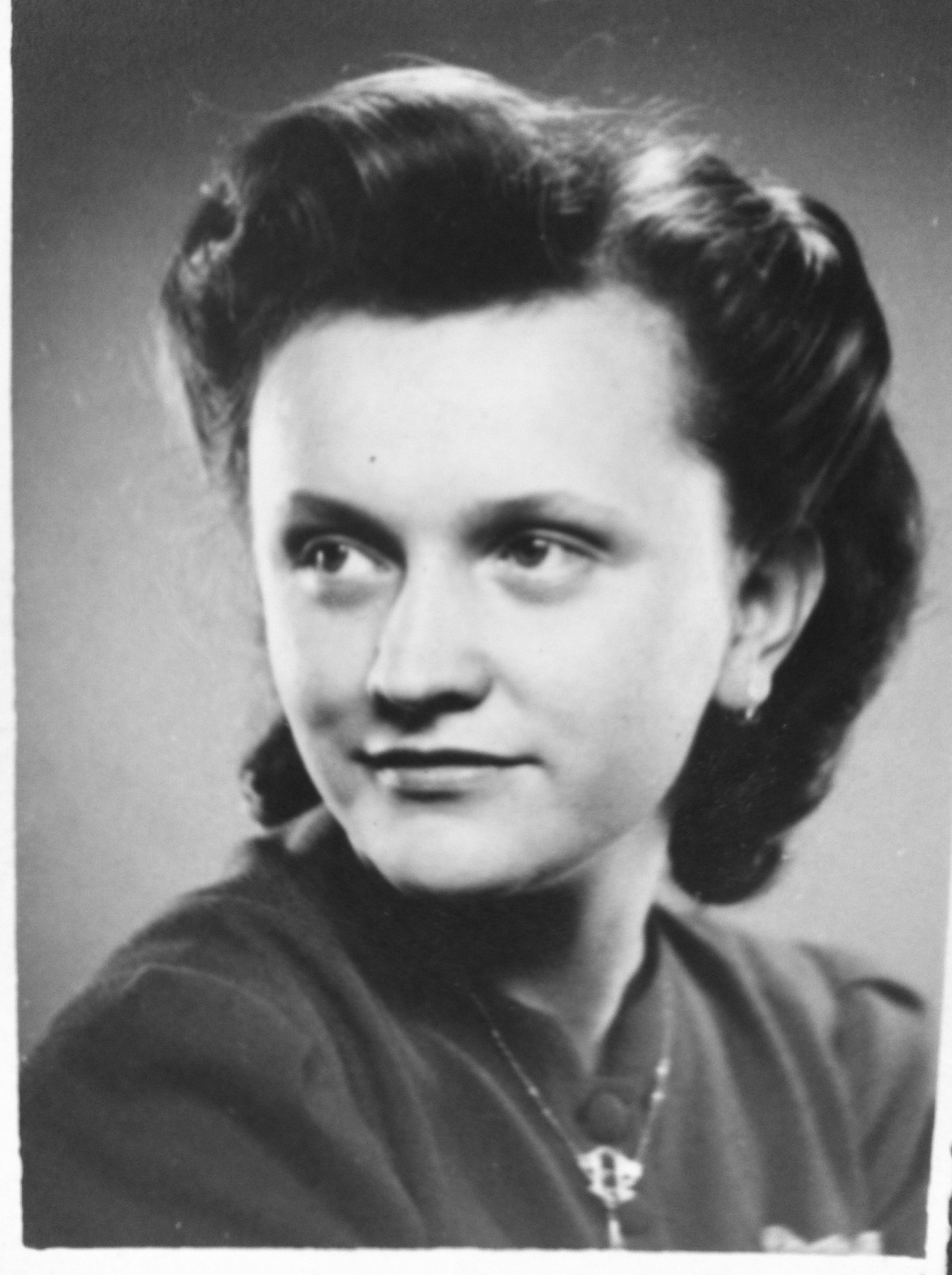
Stáhnout obrázek
Libuše Přibová, née Svobodová, the younger of two sisters, was born April 15, 1925. Her family lived in Hostomice pod Brdy and they enjoyed great respect from their neighbours. Her father was the chief of the Butchers‘ Guild in Hořovice, the head of the local Sokol sports organization and he also held a position in the city council. Her mother worked in a shop. After completing higher elementary, Libuše went on to study a three-year specialised school for girls‘ vocations in Prague, and then she also simultaneously studied a trade academy while she began working. For four years, until 1938, she was going to the border regions in order to learn German. In mid-1943 she started working as a first-grade worker in the Hybernská train station (present-day Masaryk station), where her duty was registering trains. She spent most of the following year on sick leave due to a complicated leg fracture, and afterwards she continued working at the train station for couple more years. She witnessed transports to concentration camps during the war. When she later voiced her disapproval with the Victorious February during the political purges, she was forced to leave the railway company and she began working in the accounting office of the National Land Fund. Before retiring, she also worked for some time in the Concert Agency and in the Czech Fund for Fine Arts. After 1989 she was earning an extra income by providing accommodation to German-speaking tourists. She was a member of the junior choir of the Czech Radio and she played the piano and violin. She has been a loyal Sokol member all her life. She married twice and she has one son.
